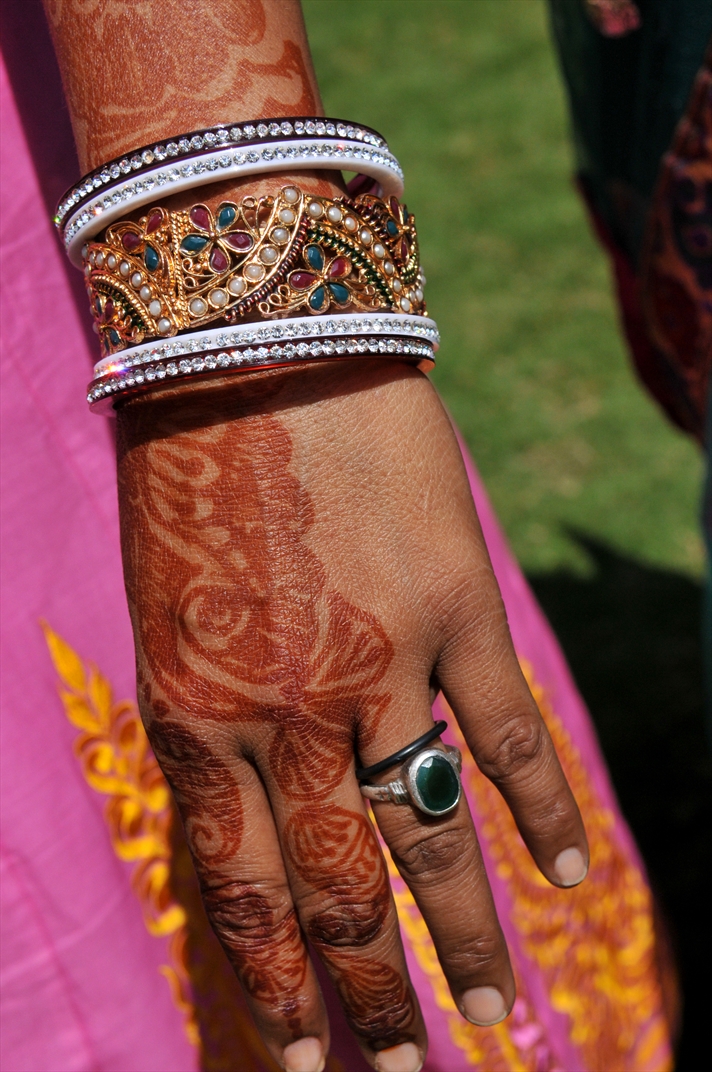Five women about to perform a play in a remote area in the eastern Indian state of Jharkhand, to raise awareness of human trafficking, were abducted and gang raped last week, as a new survey suggests India is now the most dangerous country for women.
The incident occurred on Tuesday 19 June in the village of Kochang, in central Jharkhand’s Khunti district, where the women – aged between 20 and 35 – were on their way to a school to put on a play on the topic of migration and human trafficking. While they were near the school, a number of identified men kidnapped them, as well as six men who were with them, and took them to a nearby forest, where the women were raped and tortured for nearly four hours, according to the Indian broadcaster NDTV.
The women work for Asha Kiran (‘Ray of Hope’), a shelter for the rehabilitation of rescued girls, led by a group of nuns, in Fudi, about 20km south of the state capital Ranchi.
The tribal area of Khunti district is known to be a hotspot for human trafficking, according to NDTV.
The director general of police in Ranchi, R.K. Mallik, said six suspects have been identified, two of whom have been arrested. Mallik told journalists those charged with the attack had said “anti-Pathalgadi [a self-rule movement popular in some tribal villages] sentiments were portrayed [in the street play] … and they wanted to teach the NGO workers a lesson”, according to national newspaper The Hindu.
The local Jesuit priest who runs the school where the women were going to perform is also facing charges for not reporting the incident to the authorities.
But the Indian Bishops’ Conference refuted the accusations against Fr. Alphonse Aind, saying he could not be held responsible for what had happened to the women, as reported by AsiaNews.
India ‘most dangerous country for women’

A report released in March by the charity Open Doors International showed the multi-layered exploitation of Christian women, who were found to be nearly twice as vulnerable as Christian men.
Now a survey by the Thomson Reuters Foundation has claimed that India “is the world’s most dangerous country for women, due to the high risk of sexual violence and [of] being forced into slave labour”.
The poll of about 550 global experts on women’s issues indicated India to be more dangerous for women than conflict-scarred Afghanistan and Syria, which ranked second and third. Somalia and Saudi Arabia completed the top five.
Data from the Indian government showed an 83% increase in reported cases of crime against women between 2007 and 2016, with “four cases of rape reported every hour”.
Christian converts threatened with benefits cut
Tribal Christians in Jharkhand, meanwhile, also face a potential cut to their benefits.
The state’s coalition government, led by the Hindu nationalist Bharatiya Janata Party (BJP), is considering changing the official caste certificate, according to Matters India. Currently the certificate gives all tribals, irrespective of their religion, access to statutory benefits such as free education and government jobs.
The suggestion of the BJP-led government is that tribals who convert to Christianity should be excluded from receiving these benefits.
“Hundreds of thousands of Christians will be affected if the government brings such a law. Many will lose their government jobs unless they return to Sarna [the tradition religion],” a Catholic lay leader told Matters India on condition of anonymity.
In October 2014 India’s then-social justice minister said benefits should not be given to Christians among India’s Dalits, a name given to members of the country’s lowest caste, who are often stigmatised as “untouchables”.
Rev. Kumar Swamy, a Dalit Christian leader and national secretary of the All India Christian Council, told World Watch Monitor at the time the position was “unfortunate”.
“The constitution clearly states that citizens will not be discriminated [against] on the basis of religion,” Swamy said. The government’s provision of benefits to Hindu Dalits on one hand, and the refusal of them to Christian and Muslim Dalits on the other, is a “violation of a fundamental right equality before the law guaranteed under of the constitution”, he said.